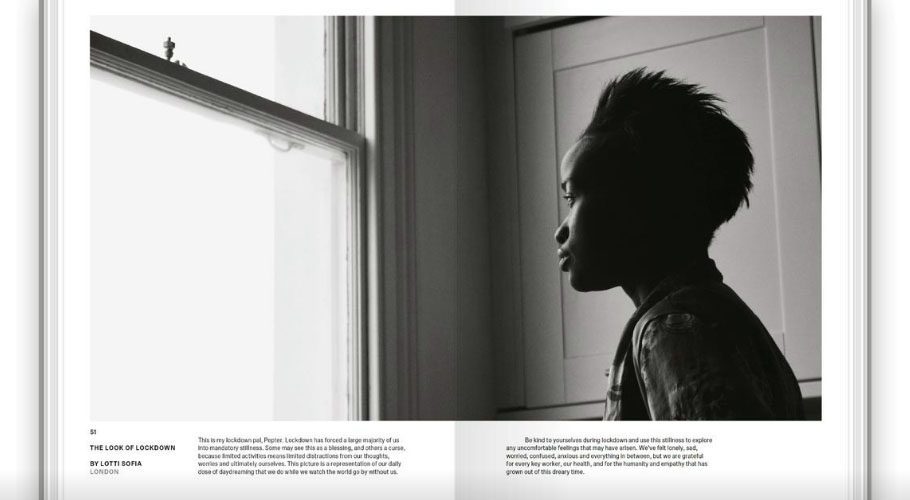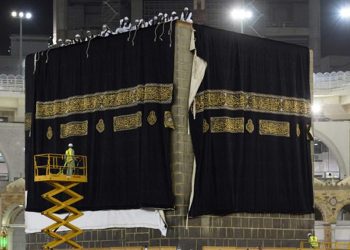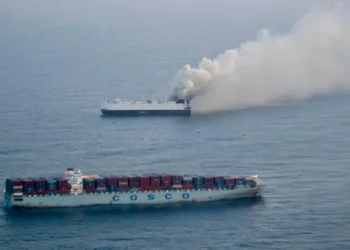LONDON: Kate, the Duchess of Cambridge, has launched a book of photographic portraits taken during Britain’s COVID-19 lockdowns that she said would provide a lasting record of the pandemic.
Kate, who is married to Prince William, began the project with the National Portrait Gallery last year, inviting people to submit photos taken during Britain’s first coronavirus lockdown.
A panel of judges including Kate chose 100 portraits from over 31,000 entries, which were shown in digital and community exhibitions before the book was announced.
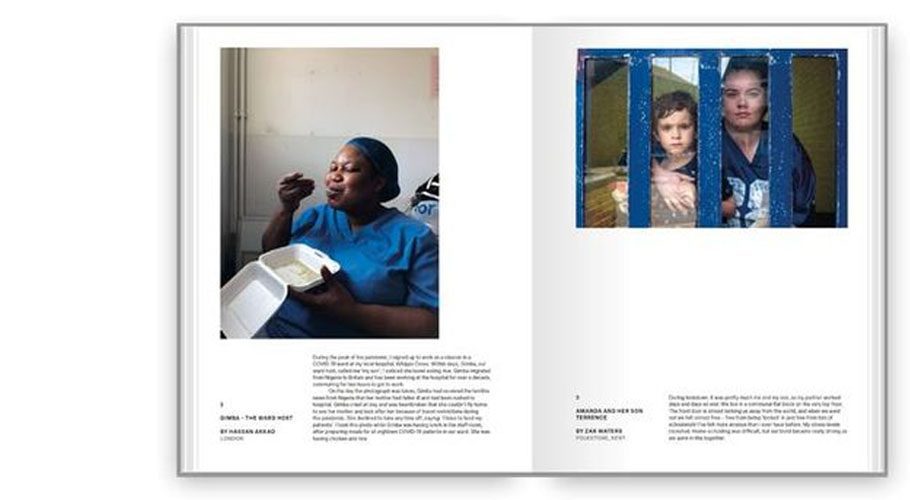
The new book includes an introduction from Kate, in which she explains why launching Hold Still was so important to her. She writes: ‘When we look back at the COVID-19 pandemic in decades to come, we will think of the challenges we all faced – the loved ones we lost, the extended isolation from our families and friends and the strain placed on our key workers.”
“But we will also remember the positives: the incredible acts of kindness, the helpers and heroes who emerged from all walks of life, and how together we adapted to a new normal.”
REAFD MORE: Meghan Markle says British royals were worried about her son’s dark skin
The book, called “Hold Still: A Portrait of Our Nation in 2020”, will be available from May 7, exactly a year after the project began. Net proceeds will be split between the National Portrait Gallery and the British mental health charity Mind.
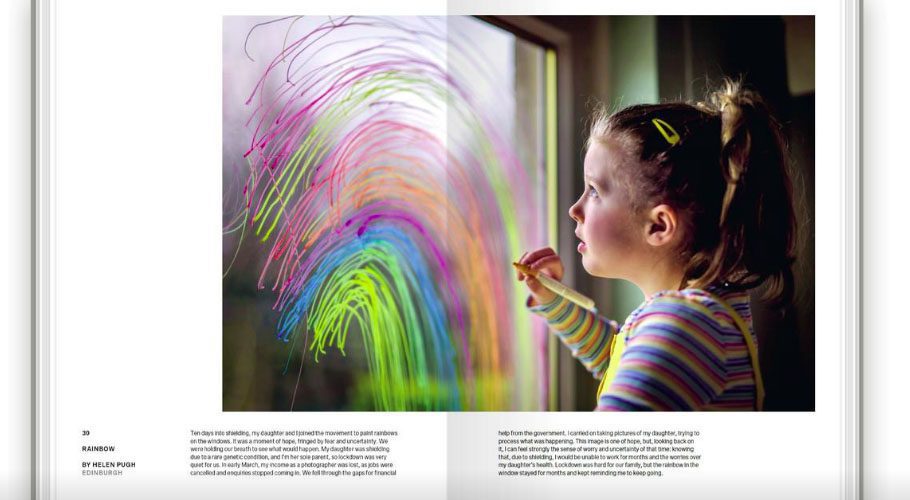
“Through ‘Hold Still’, I wanted to use the power of photography to create a lasting record of what we were all experiencing – to capture individuals’ stories and document significant moments for families and communities as we lived through the pandemic,” Kate wrote in the introduction to the book.
The announcement comes after the UK marked the one-year anniversary of the first national lockdown earlier this week.
She concludes by thanking everyone who took the time to submit an image, adding: ‘Your stories are the most crucial part of this project. I hope that the final 100 photographs showcase the experiences and emotions borne during this time in history, pay tribute to the awe-inspiring efforts of all who have worked to protect those around them, and provide a space for us to pause and reflect upon this unparalleled period.’
